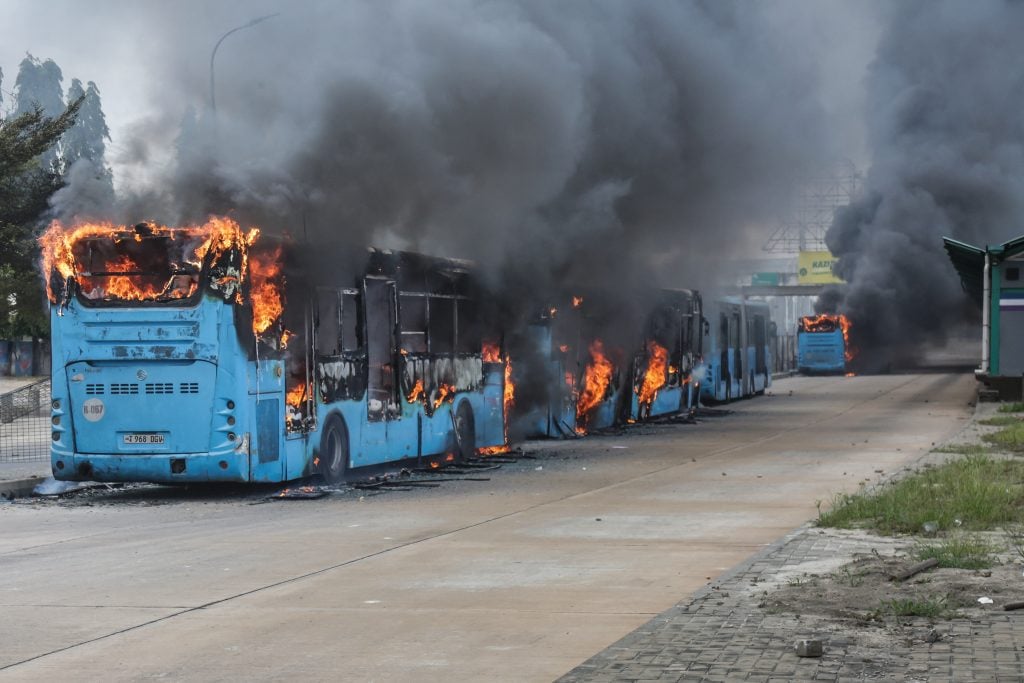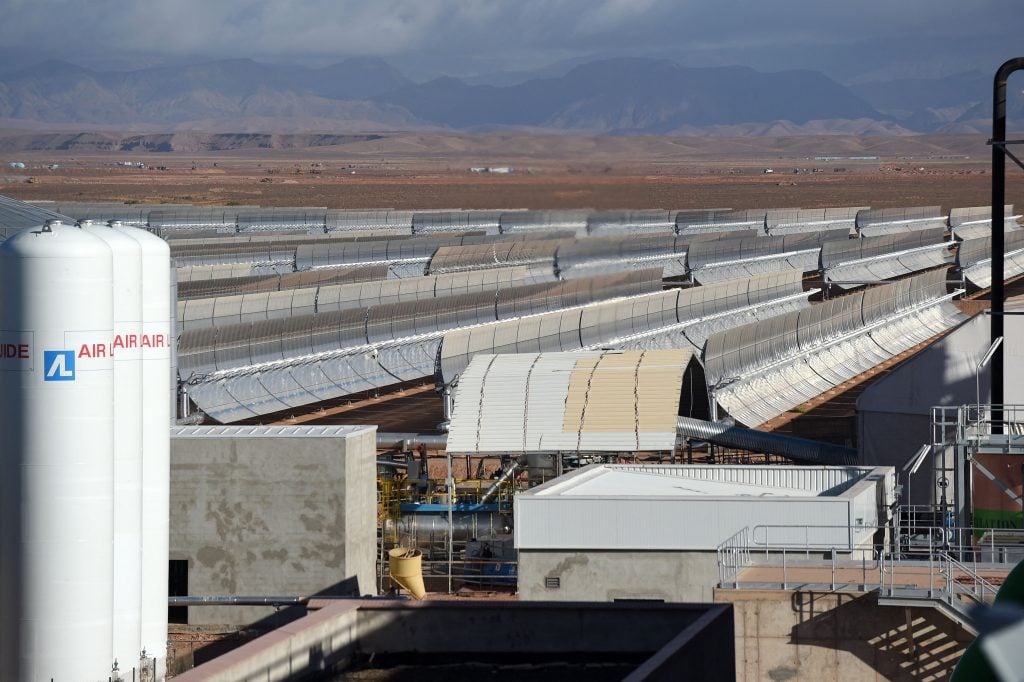
Husk Power, a developer of mini-grids that rely on solar power and battery storage, announced this week that it had secured the largest-ever equity raise in the mini-grids industry. The $43m in equity raised from its Series D funding round will be buttressed with debt financing totalling another $60m, providing the company with a sizeable war chest to expand its activities in Africa and South Asia.
A mini-grid is a small-scale power grid that typically serves populations in isolated or rural areas that are harder to reach with the main power transmission and distribution network. In the case of Husk Power, power is generated from solar units and backed-up by battery storage.
Husk was able to secure commitments from French private equity firm STOA Infra & Energy in the funding round, along with several development finance institutions. The capital will help the company move forward with its Africa Sunshot Initiative, announced at the Africa Climate Summit in September, through which it ultimately aims to deploy 2,500 mini-grids on the continent at the cost of $500m.
Manoj Sinha, Husk’s co-founder and CEO, told African Business that the new funding will allow the company to proceed with a “very rapid expansion over the next four to five years”. The rollout of mini-grids, he says, will improve the lives of 4m people and prevent “hundreds of thousands of tonnes of CO2” being released into the atmosphere.
Sinha adds that the supply of power through mini-grids can help spark a “rural industrial revolution” in Africa. A key factor in the company’s success to date has been its work to encourage small-scale manufacturing industries to move from manual to mechanised processes; this allows the manufacturers to scale up their businesses, while the increased power usage makes Husk’s systems more profitable.
Closing the electricity gap
Husk has been operating in India for 15 years and entered Nigeria, its first African market, in 2020. A key attraction, Sinha tells us, was that Nigeria adopted a policy framework for mini-grids in 2016, by drawing heavily on a policy adopted in the Indian state of Uttar Pradesh and then contextualising it for the Nigerian market. The result, he says, is a mini-grids policy that is “perhaps the best in the world”.
Sinha says that the Democratic Republic of Congo is likely to be the next African market that Husk enters, adding that it would like to deploy mini-grids in “four or five” other African countries.
There is no doubt that the power offered by mini-grids is badly needed across the continent. Around 600m people in Africa continue to live without electricity, while many millions more endure unreliable or limited connections.
While part of the solution to extending electricity access will come from investments in transmission and distribution lines, Sinha insists that there is no “either/or” choice between deploying mini-grids and expanding national grid networks. “We have to do both,” he says, pointing out that mini-grids can be connected to the main grid network in some cases, so that the networks can draw power from one another as needed.
Mini-grids can be “very important”, Sinha says, in stabilising a national grid as intermittent supply from wind and solar becomes more prevalent. A mini-grid connection provides flexibility that allows for the national grid to import or export power during peaks or troughs in demand.
Sinha also denies that mini-grids are merely a “stop-gap solution” to provide power while transmission and distribution networks are developed. “It is actually a solution that lasts for 30-plus years,” he says. “We have a history of showing that mini-grids work for decades and decades in a country like India, where the grid is omnipresent.”
Husk’s success in fundraising sends “a clear signal to the market that mini-grids as an asset class is now bankable and investable at commercial scale”, says Sinha. The challenge now for the company will be to show that it can rapidly the deploy the capital it has raised, with Husk planning to install a new mini-grid every other day on average as it seeks to help close Africa’s energy access gap.






Recent Comments